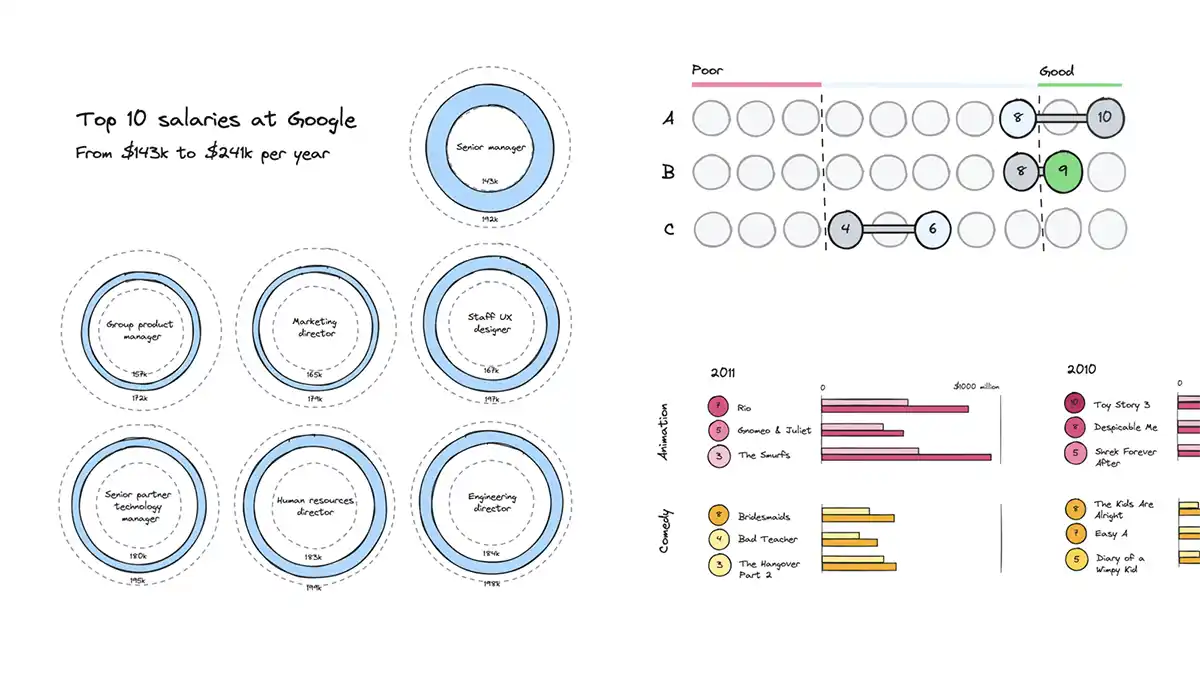LLMs are trained on vast amounts of web data, which can lead to unintentional memorization and reproduction of sensitive or private information. This raises significant legal and ethical concerns, especially regarding violating individual privacy by disclosing personal details. To address these concerns, the concept of unlearning has emerged. This approach involves modifying models after training to deliberately ‘forget’ certain elements of their training data.
The central problem addressed here is effectively unlearning sensitive information from LLMs without retraining from scratch, which is both costly and impractical. Unlearning aims to make models forget specific data, thereby protecting private information. However, evaluating unlearning efficacy is challenging due to the complex nature of generative models and the difficulty in defining what it truly means to be forgotten.
Recent studies have focused on unlearning in classification models. Still, there’s a need to shift focus to generative models like LLMs, which are more prevalent in real-world applications and pose a greater threat to individual privacy. Researchers from Carnegie Mellon University introduced the TOFU (Task of Fictitious Unlearning) benchmark to address this need. It involves a dataset of 200 synthetic author profiles, each with 20 question-answer pairs, and a subset known as the ‘forget set’ targeted for unlearning. TOFU allows for a controlled evaluation of unlearning, offering a dataset specifically designed for this purpose with various levels of task severity.
Unlearning in TOFU is evaluated across two axes:
Forget quality: Several performance metrics are used for model utility, and new evaluation datasets have been created. These datasets range in relevance, allowing a comprehensive assessment of the unlearning process.
Model utility: For forget quality, a metric compares the probability of generating true answers to false answers on the forget set, using a statistical test to compare unlearned models to the gold standard retained models that were never trained on the sensitive data.
Four baseline methods were assessed in TOFU, each showing that existing methods are inadequate for effective unlearning. This points to a need for continued efforts to develop unlearning approaches that tune models to behave as if they never learned the forgotten data.
The TOFU framework is significant for several reasons:
- It introduces a new benchmark for unlearning in the context of LLMs, addressing the need for controlled and measurable unlearning techniques.
- The framework includes a dataset of fictitious author profiles, ensuring that the only source of information to be unlearned is known and can be robustly evaluated.
- TOFU provides a comprehensive evaluation scheme, considering forget quality and model utility to measure unlearning efficacy.
- The benchmark challenges existing unlearning algorithms, highlighting their limitations and the need for more effective solutions.
However, TOFU also has its limitations. It focuses on entity-level forgetting, leaving out instance-level and behavior-level unlearning, which are also important aspects of this domain. The framework does not address alignment with human values, which could be framed as a type of unlearning.
In conclusion, the TOFU benchmark presents a significant step forward in understanding the challenges and limitations of unlearning in LLMs. The researchers’ comprehensive approach to defining, measuring, and evaluating unlearning sheds light on the complexities of ensuring privacy and security in AI systems. The study’s findings highlight the need for continued innovation in developing unlearning methods that can effectively balance the removal of sensitive information while maintaining the overall utility and performance of the model.
Check out the Paper and Project. All credit for this research goes to the researchers of this project. Also, don’t forget to follow us on Twitter. Join our 36k+ ML SubReddit, 41k+ Facebook Community, Discord Channel, and LinkedIn Group.
Source link





















